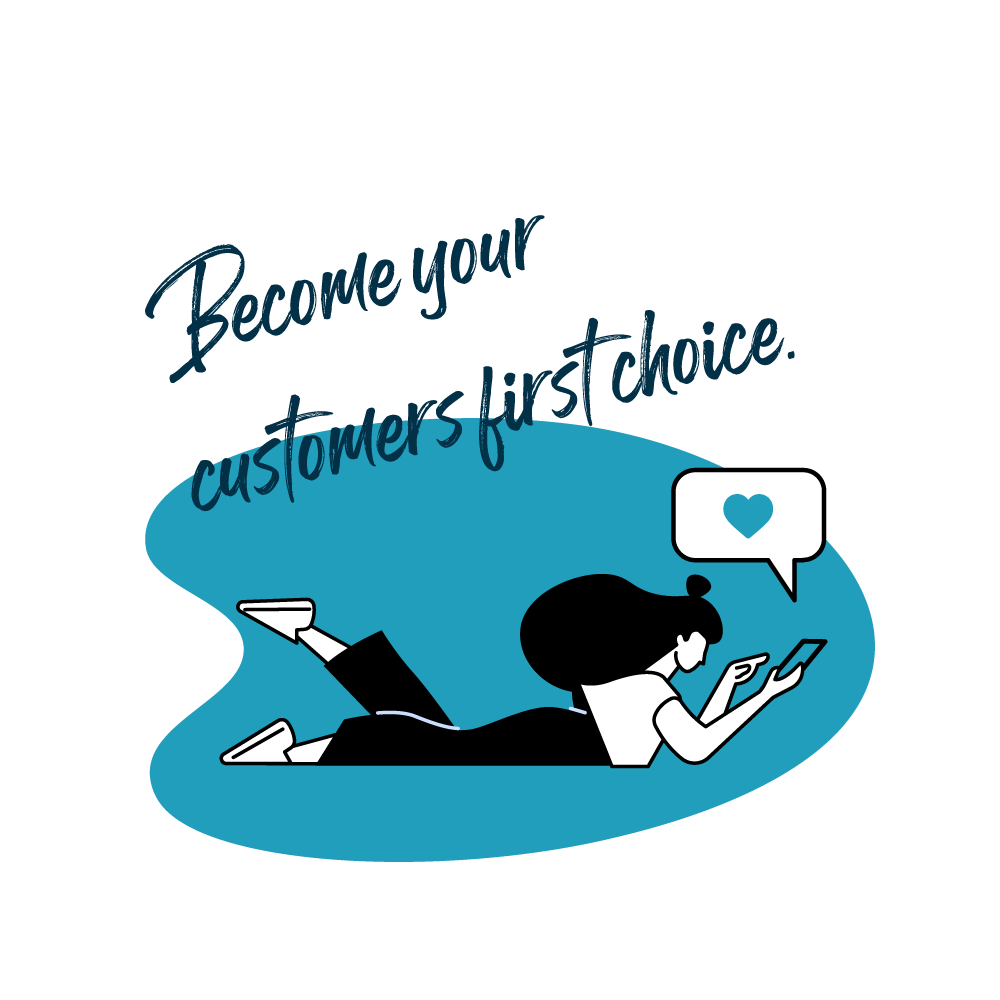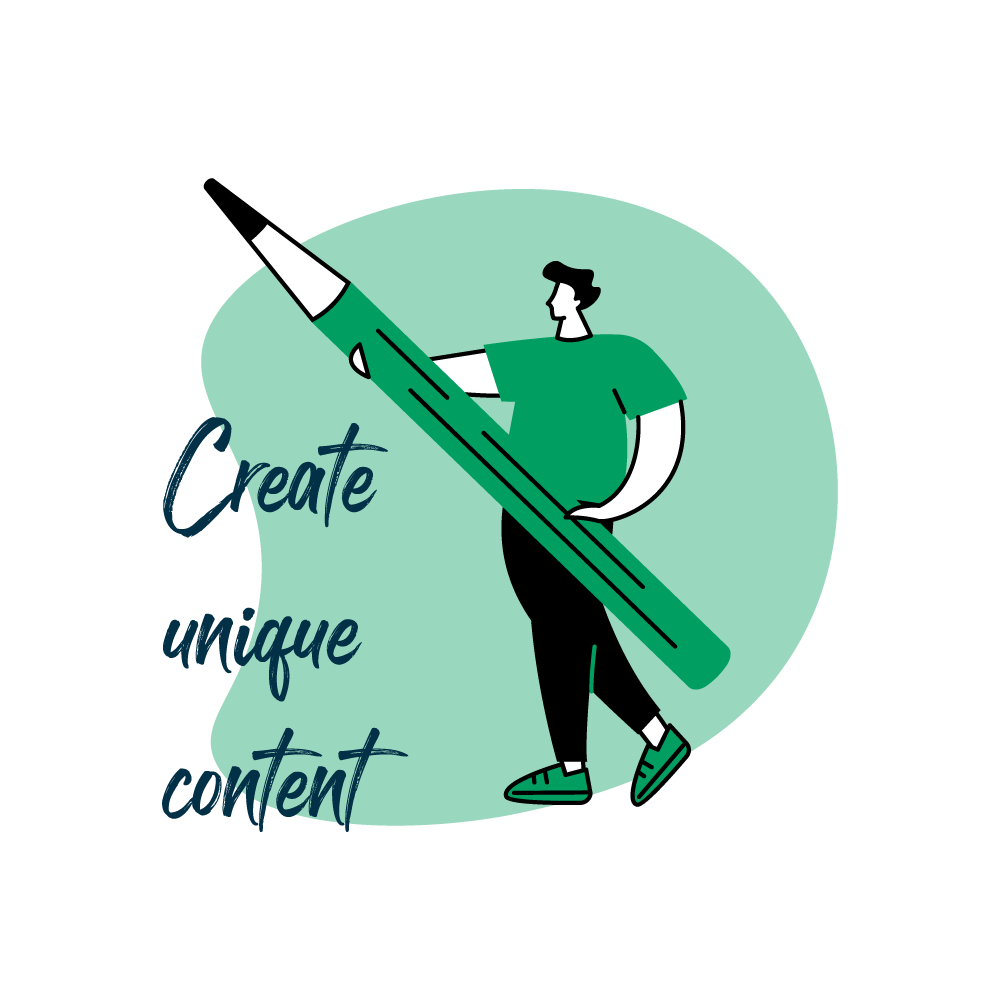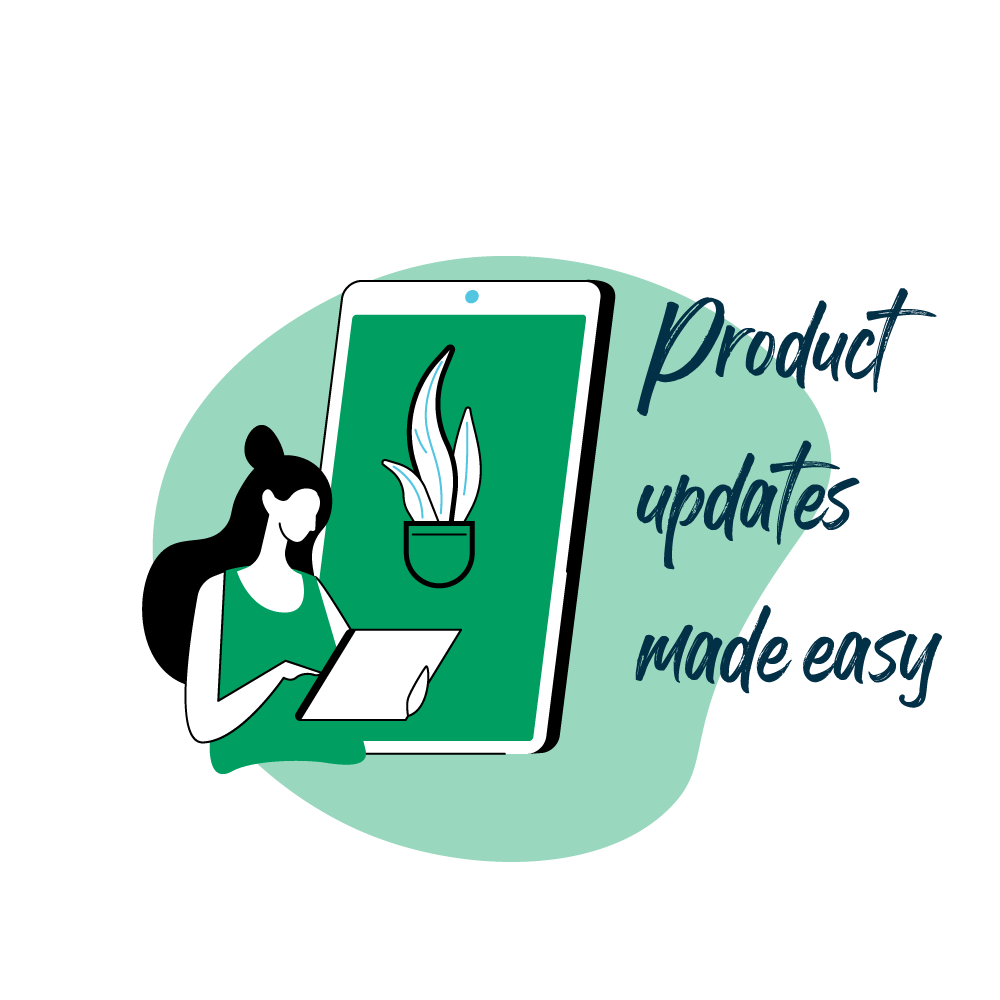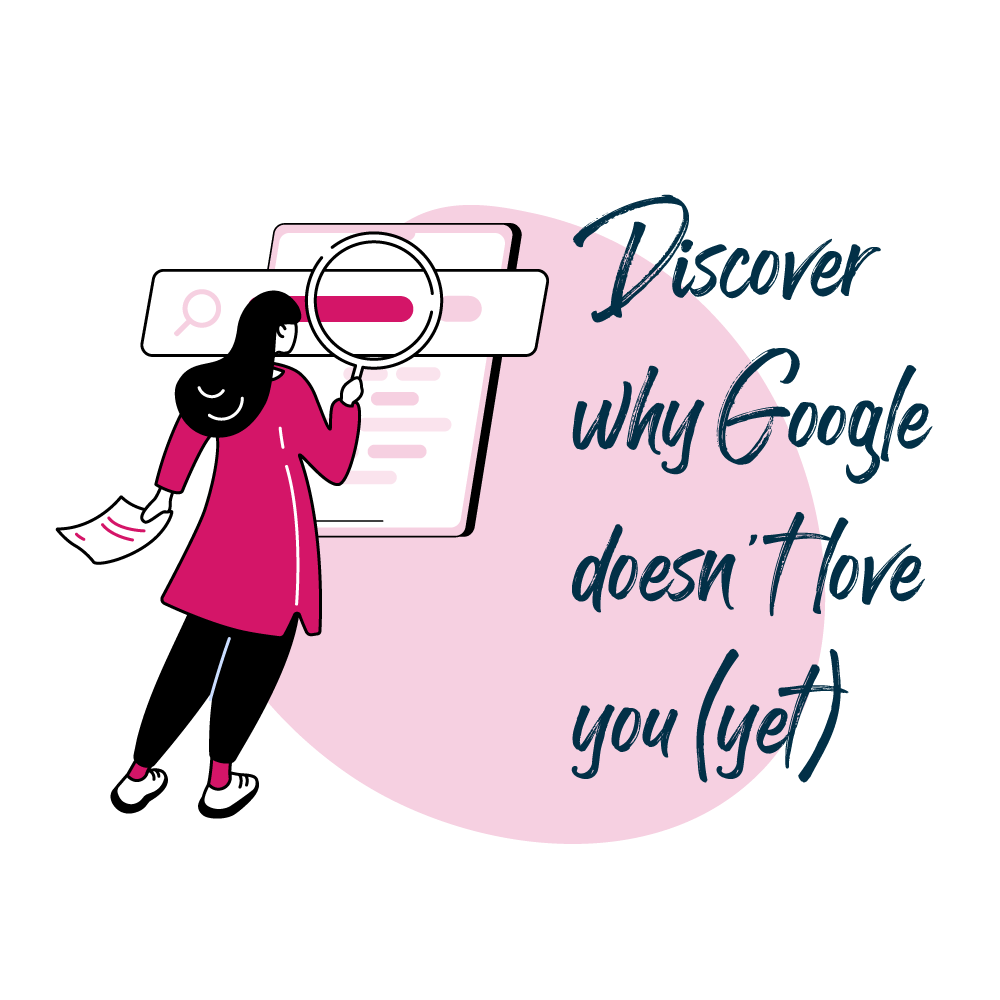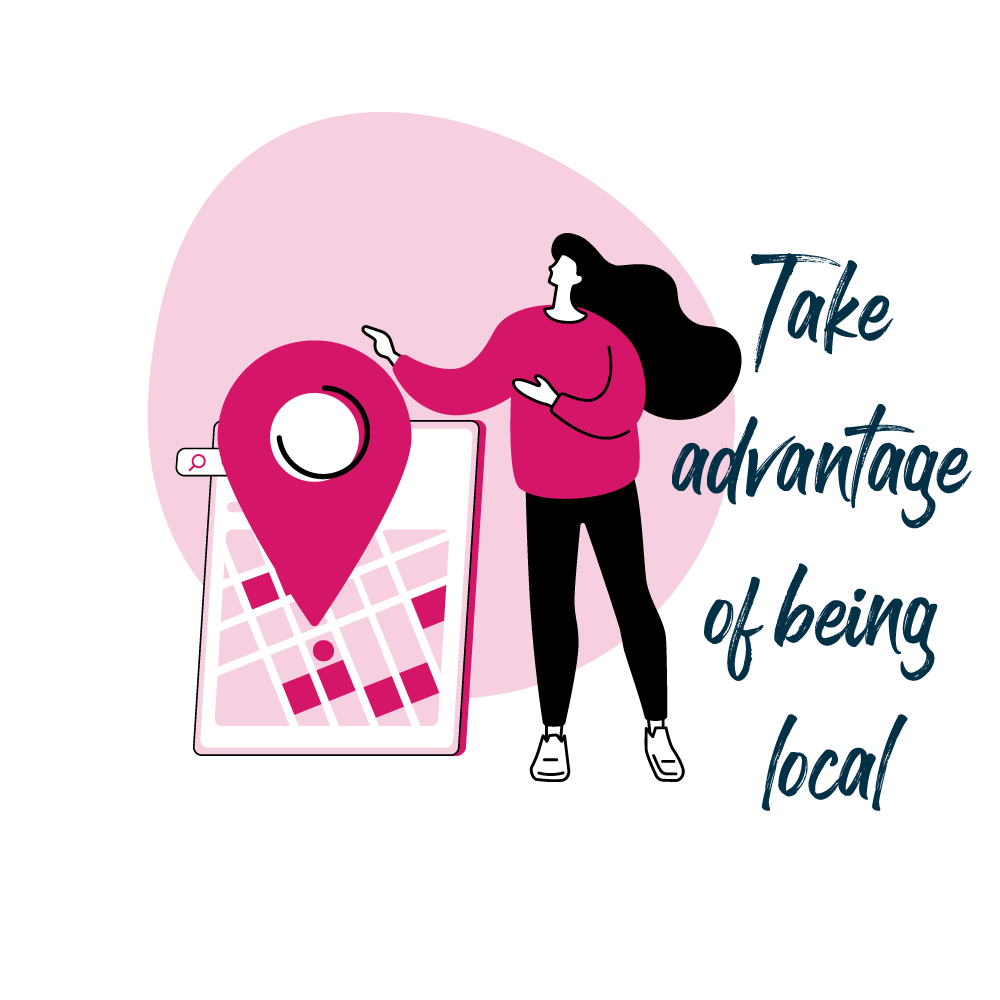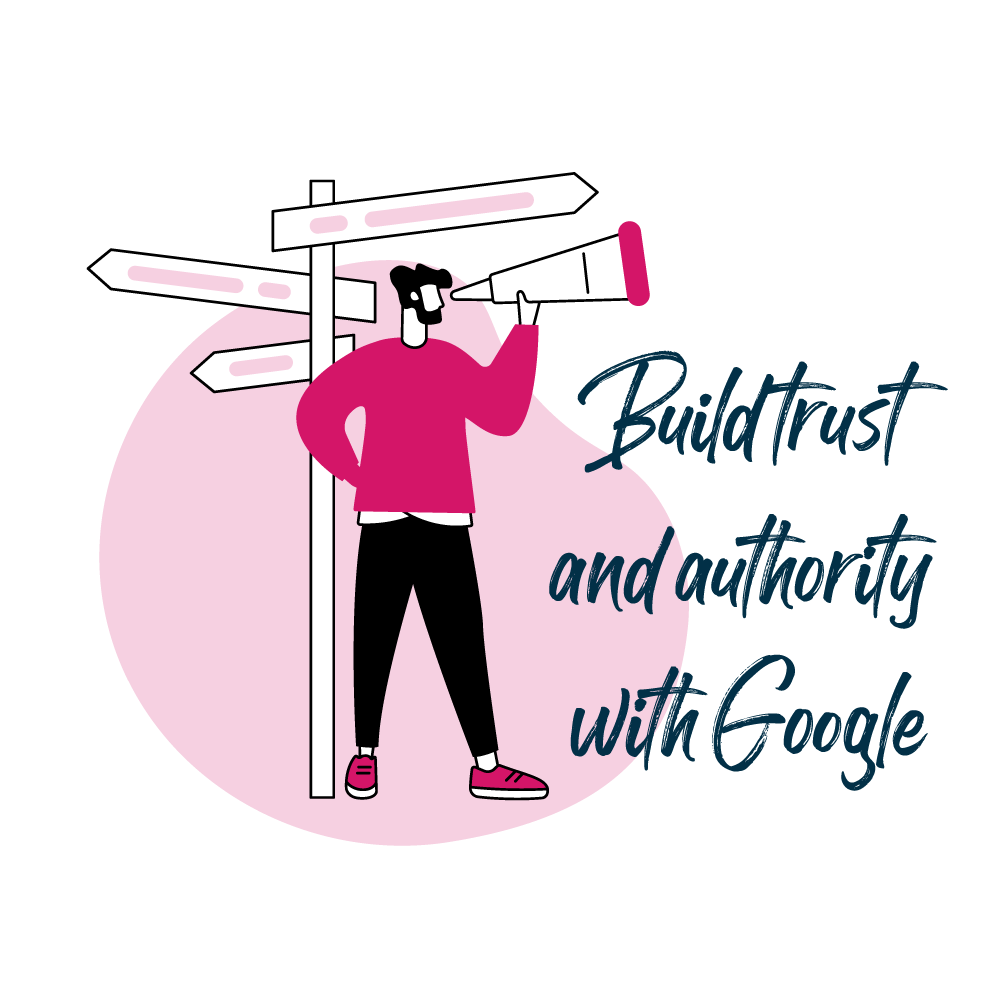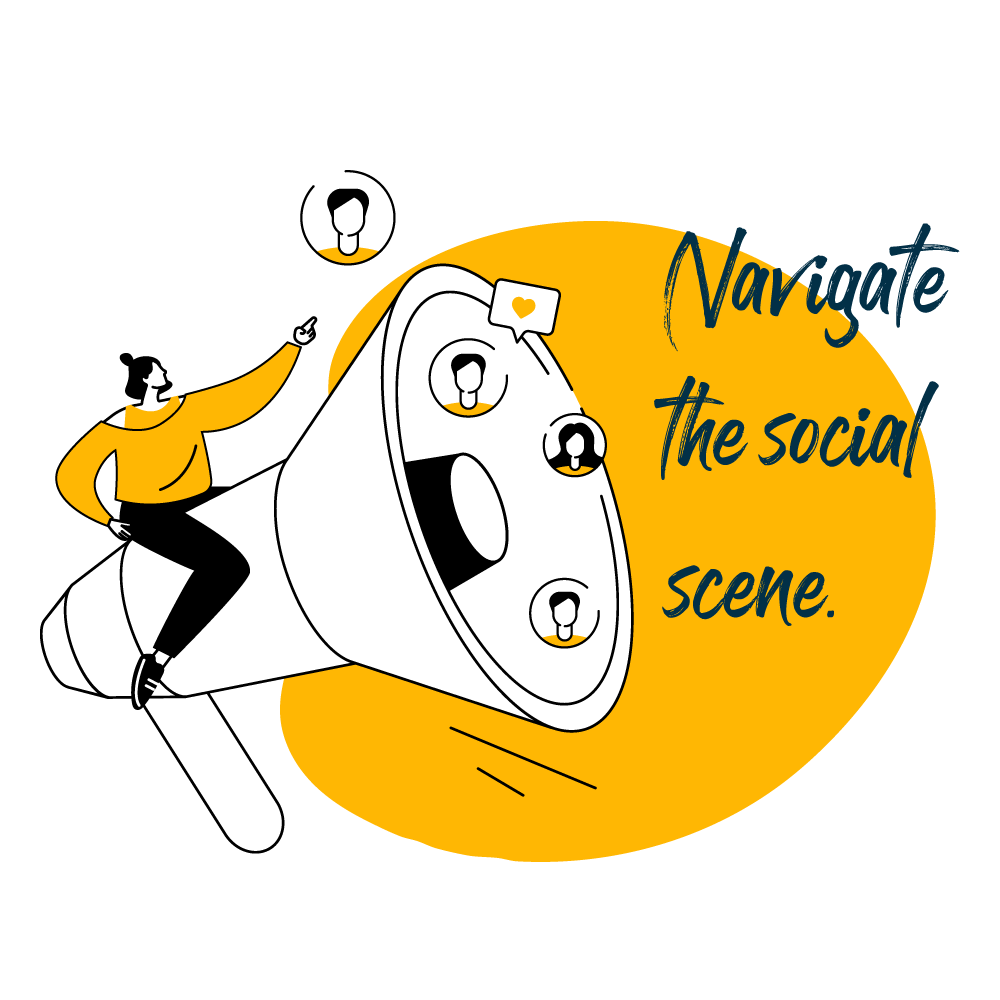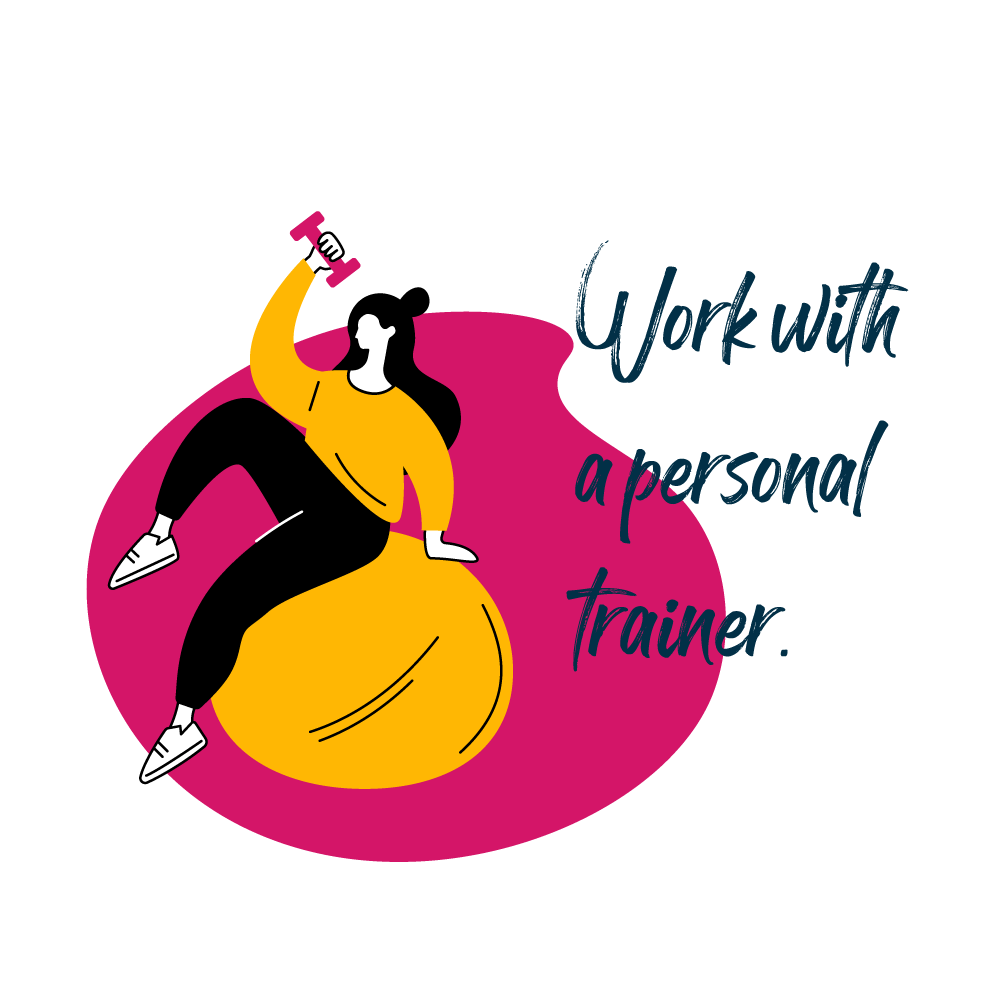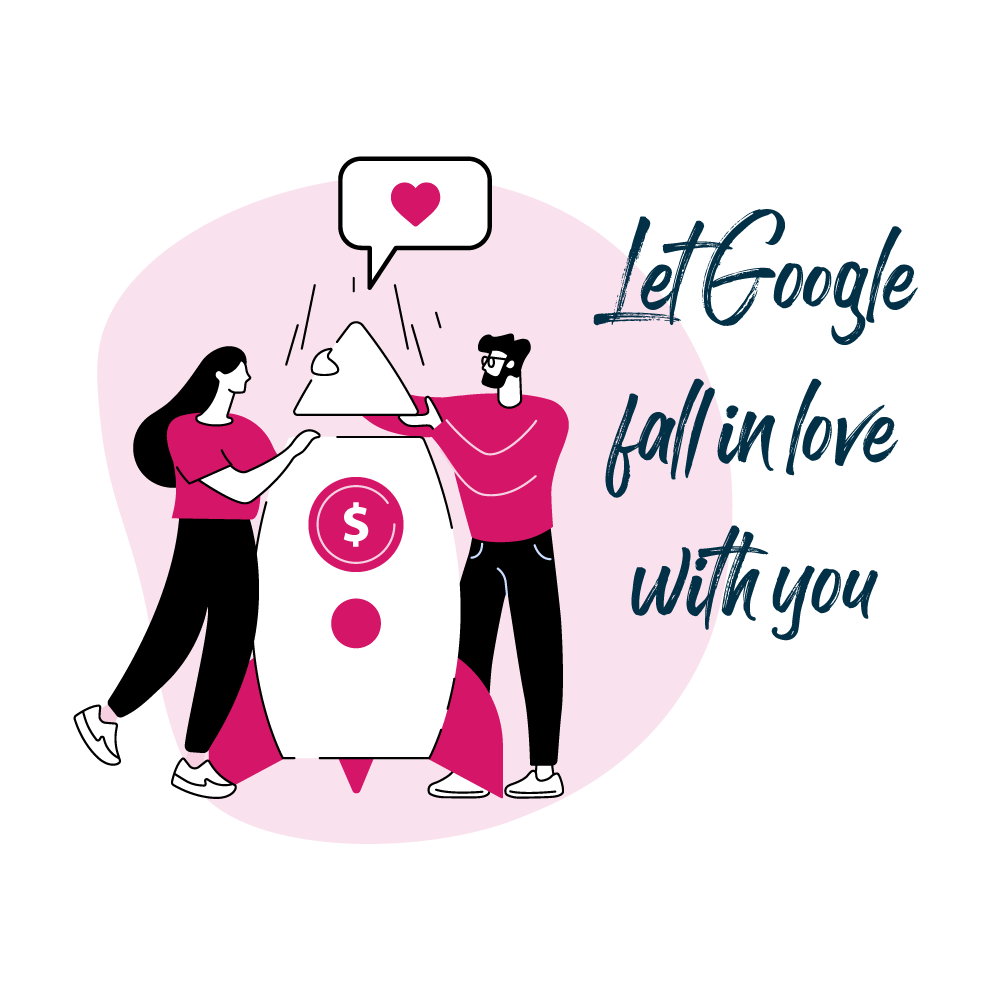
On-Page SEO
Is your business struggling to make its mark on the digital landscape? Are you finding it challenging to attract organic traffic to your website? Welcome to the domain of On-Page SEO.
With more than 10,500 new website created every hour (!), how do you ensure your business doesn't get lost in this vast sea of digital competition? Our On-Page SEO services are tailor-made for businesses just like yours, looking to enhance their online visibility and climb the ranks on Google.
WHAT'S INCLUDED?
- In-depth keyword search with user intent
- Content research
- Customer-focussed content writing (upto 1,000 words)
- Content optimisation
- H1 headlines
- Meta titles
- Meta descriptions
- Image optimisation (up to 10 images)
- ALT tags
- Optimised URLs
- Internal links

For content both Google and humans will love.
What is On-Page SEO?
On-page SEO combines 1. creating unique and engaging content that your audience is actually searching for with 2. SEO tactics to ensure that this content is easy for search engines to find. Thus, when someone searches online, they're more likely to find your content.
From strategic keyword placement and compelling meta descriptions to user-friendly content and responsive design, we leave no stone unturned in making you stand out from the crowd.
How Can On-Page SEO Help You to Grow Your Business?
#1 Improved Search Rankings
By meticulously optimising on-page elements, we give your website the best chance to climb Google's favourite list. This ensures your site is ranked highly when your target audience searches for products or services related to your business.
#2 Increased Organic Traffic
With better rankings in search engine results, organic traffic will follow. And let's be clear: We are talking non-paid traffic. This means more potential customers discover your business without you spending big on advertising.
#3 Customer Search Intent Aligned Content
We identify the keywords that are most relevant to what your target audience is looking for. By strategically incorporating these keywords into your on-page content and webpage elements, we set the right signals for Google and your customers to find you.
Clued in ... Clued up ... Clued on !!!
FAQs: On-Page SEO done right.
On-Page SEO vs. Off-Page SEO
On-page SEO deals with the internal aspects of your site – tweaking content, adjusting meta tags, and improving overall user experience. It's essentially the housekeeping tasks you perform to meet search engine criteria.
On the other hand, off-page SEO involves activities outside your site, like building backlinks through clever content and engaging in social media. It's about establishing your website's credibility and authority beyond its digital borders. Together, these two strategies create a comprehensive approach to improving your website's visibility.
Target keywords
Consider keywords as the backbone of on-page SEO success. They are like signposts that guide search engines through your website. When strategically placed in key elements such as titles, headers, and meta descriptions, these keywords act as signals, telling search engines that your content is relevant to specific user queries. The art of effective keyword usage involves understanding your target audience's language and incorporating these terms seamlessly into your content. This linguistic alignment is crucial for enhancing search engine visibility and increasing the likelihood of your webpage appearing in search results. In essence, keywords serve as the vital link between user intent and the content that resides on your website, making them a cornerstone of on-page SEO strategy.
Customer-focussed content
Creating quality content involves understanding your audience's needs, providing valuable information, and presenting it in an engaging and organised way. It's also about addressing your audience's questions and concerns, using language they resonate with, and staying current with industry trends to keep your content fresh and compelling.
Keyword-rich title tags
Keyword-rich title tags are concise and descriptive titles for your web pages that include targeted keywords. These titles serve as Google's first point of contact and clearly indicate your page's content. Well-crafted title tags enhance your website's search engine ranking and motivate users to click through to your site.
Click-worthy meta descriptions
Meta descriptions are brief summaries that appear beneath the title tag in search engine results. They serve as a brief preview of your page's content and can motivate your target audience's decision to click on your link. Crafting compelling meta descriptions with relevant keywords improves click-through rates and tells Google about your page's content relevance, contributing to your overall SEO.
Structured headings
Headings make website content easier to read and understand for both humans and Google, improving user experience and SEO performance.
Optimised URL
Optimising your URL is like giving your website a clear
address. A well-optimised URL, which is both user-friendly and descriptive, improves search engine visibility. It contributes to a positive user experience, making it easier for your audience and Google to locate your content, positively impacting your search rankings.
Internal links
Strategically added internal links connect different pages
within your website. These links not only guide users to relevant content but also help search engines navigate and understand the structure of your site. By creating a logical link structure, you enhance user experience, improve page authority, and boost the overall SEO performance of your website.
External links
External links are like doors that take you from one website to another. When you click on a link, it takes you to a different website; that's an external link. It's like leaving one room to enter another. These links connect different web pages across the internet, allowing users to explore a wide range of information and resources beyond the original website they were on. They also play a role in on-page SEO. Quality external links to reputable sources can improve your website's credibility and authority in the eyes of search engines, positively impacting your search rankings.
Optimised images
Images aren't just about aesthetics and marvellous to look at. They play a crucial role in SEO success. To optimise images for SEO, use descriptive filenames and alt text, compress images for faster loading times, and ensure they're relevant to your content. Google considers these factors when ranking your page, contributing to your overall SEO success.
Organic traffic vs. Paid traffic
Organic traffic occurs when Google recognises your content as worthy of display without paying for ads.
Paid traffic occurs when you pay Google to display your content. Paid traffic might be a quick fix, but organic traffic is the real game-changer—a strategic, long-term investment in your online success.
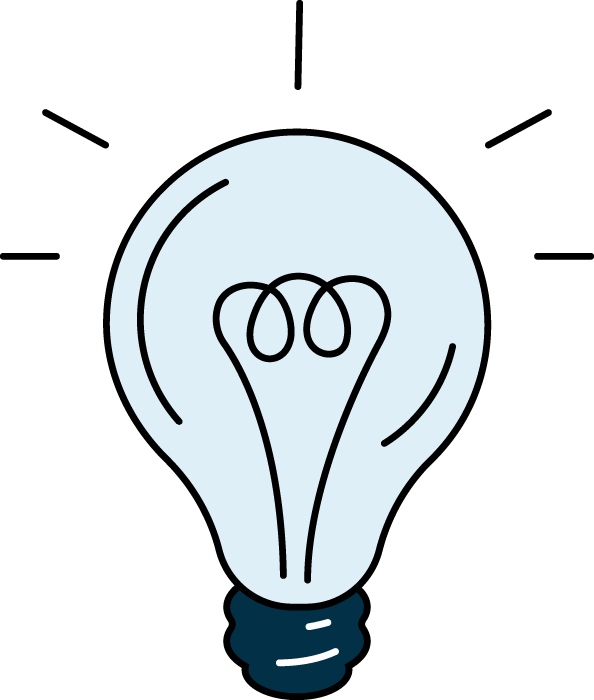
We Are All Ears


